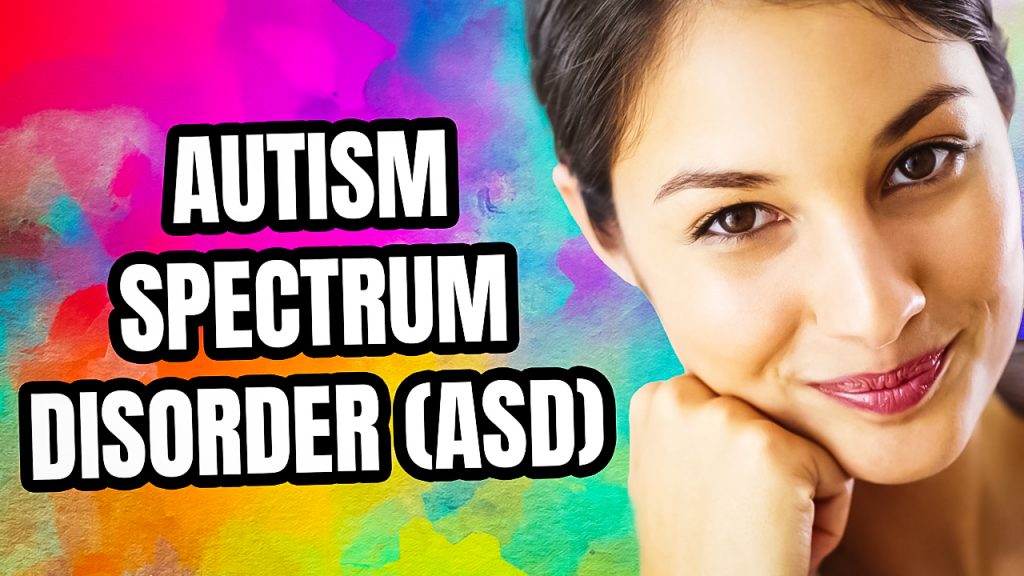
Autism Spectrum Disorder (ASD) is a neurodevelopmental disorder that affects communication,
social interaction, and behavior. It is called a “spectrum” disorder because it affects individuals
in different ways, and to varying degrees of severity. ASD is typically diagnosed in early
childhood, although it can sometimes be diagnosed in adulthood.
The signs and symptoms of ASD can vary widely, but they generally fall into two categories:
social communication deficits and restricted or repetitive behaviors. Some of the common
symptoms of ASD include:
-Difficulty with social communication, such as difficulty with eye contact, facial expressions, and
body language
-Delayed or absent language development
-Difficulty with social interaction, such as difficulty making friends, engaging in conversation, and
sharing interests or emotions with others
-Repetitive or stereotyped behaviors, such as hand flapping, rocking, or lining up objects
-Intense or fixated interests, such as a preoccupation with trains, cars, or specific topics
-Sensory sensitivities, such as a heightened sensitivity to noise, light, or textures.
It is important to note that not all individuals with ASD exhibit all of these symptoms, and the
severity of these symptoms can vary widely from person to person.
ASD is typically diagnosed through a comprehensive evaluation that includes developmental
assessments, medical history, and observations of the child’s behavior and social interactions.
There is no single test that can diagnose ASD, and diagnosis can be complicated by the fact
that some symptoms may not be apparent until later in childhood.
The exact causes of ASD are not fully understood, but research suggests that a combination of
genetic and environmental factors may contribute to the development of the disorder. Studies
have identified a number of genes that may be associated with ASD, but no single gene has
been found to cause the disorder. Environmental factors that have been suggested to play a
role in the development of ASD include prenatal exposure to certain chemicals, such as
pesticides and air pollution, and complications during pregnancy or birth.
While there is no cure for ASD, there are a variety of treatments and therapies that can help
individuals with the disorder manage their symptoms and improve their quality of life.
Behavioral and communication therapies, such as Applied Behavior Analysis (ABA) and speech
therapy, which can help individuals with ASD develop social and communication skills.
Medications, such as antipsychotic drugs, which can help manage symptoms such as
aggression, anxiety, and irritability.
Supportive services, such as occupational therapy, which can help individuals with ASD develop
life skills and improve their ability to function in everyday activities.
It is important to note that while these treatments can be helpful for many individuals with ASD,
they are not a “cure” for the disorder, and not all treatments will be effective for all individuals.
There is still much to be learned about ASD, and research into the causes and treatments of the
disorder is ongoing. However, one thing is clear: individuals with ASD have unique strengths
and challenges, and it is important to approach their care and support with an understanding of
their individual needs and abilities. With the right interventions and support, individuals with ASD
can lead fulfilling lives and make valuable contributions to their communities.
This Post is Brought To You By BetterHelp